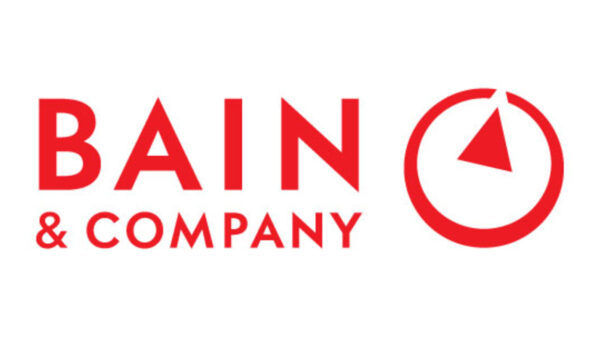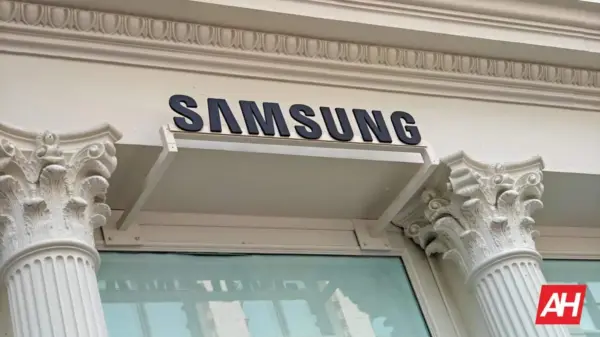UPDATE: In a bold statement, Dan Chung, CEO of Alger Funds, claims the current surge in artificial intelligence (AI) stocks is not a bubble, but rather a substantial growth opportunity. This comes as many investors express concerns reminiscent of the 1990s dot-com bubble.
Chung, who has firsthand experience as a senior tech analyst during the dot-com era, argues that the fundamental differences between today’s AI leaders and those from the past indicate a more stable market. He emphasizes that the top stocks in the AI sector—companies like Nvidia, Microsoft, and Amazon—are showing robust performance and fundamentals, unlike many dot-com stocks that collapsed.
In a recent interview, Chung noted that the Alger 35 ETF has surged 51.83% in the past year, significantly outperforming the Morningstar US Large-Mid Broad Growth Index, which increased by 22.87%. This performance underscores his belief in the ongoing potential of AI investments.
“We’re in the middle stages of the boom,” Chung stated, urging investors not to miss out on what he perceives as the second half of a significant market expansion. He cautioned that the momentum seen in AI stocks today has not yet reached the heights of the late 1990s, suggesting there is still plenty of room for growth.
Chung’s analysis is grounded in four key areas: market behavior, company fundamentals, valuation, and the macroeconomic environment. He reassured investors that leading AI companies today boast solid financials compared to their predecessors during the dot-com era. For instance, Microsoft now trades at a P/E ratio of 32, a stark contrast to its P/E of 67-70 during the peak of the dot-com bubble.
With ChatGPT only emerging three years ago, Chung believes the AI sector is still in its infancy, with vast potential to transform various industries. He highlighted that the total addressable market for AI technologies could reach between $2 trillion and $3 trillion by 2030-31.
Chung also shared insights into his favorite stock picks. He continues to advocate for Nvidia, which he believes remains undervalued despite its recent surge. Additionally, he is bullish on Nebius, an AI data center company, forecasting it could grow revenues from over $500 million in 2025 to more than $2.5 billion by 2026. Chung predicts Nebius will become EBITDA-positive next year, marking it as a high-growth opportunity.
As Chung navigates the complexities of the current market, he remains optimistic about the future of AI investments. With the right foundation and growth potential, he asserts that today’s AI boom is one to embrace rather than fear.
Investors are urged to stay informed as this captivating narrative unfolds, and Chung’s insights may just be the key to understanding the fast-evolving landscape of AI stocks.


































































